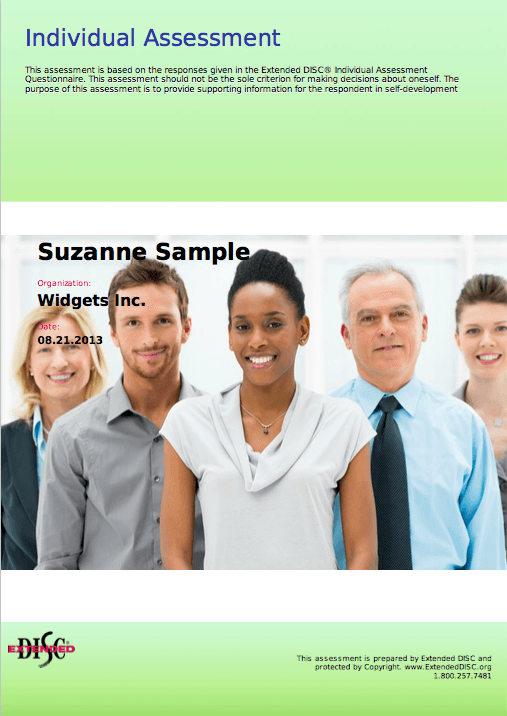Are your employees missing out on DISC Assessment opportunities?
Many of you utilize the DISC Assessment in your workshops effectively, but did you know there's much more to the tool? There's a wide range of resources to support your employees' development and success.
Recently and abruptly, remote work became a norm, but have your employees used DISC to support their remote work transitions and productivity? Are you using DISC to identify and develop potential managers or support your teams? Where else can you use DISC?
Don't miss opportunities!
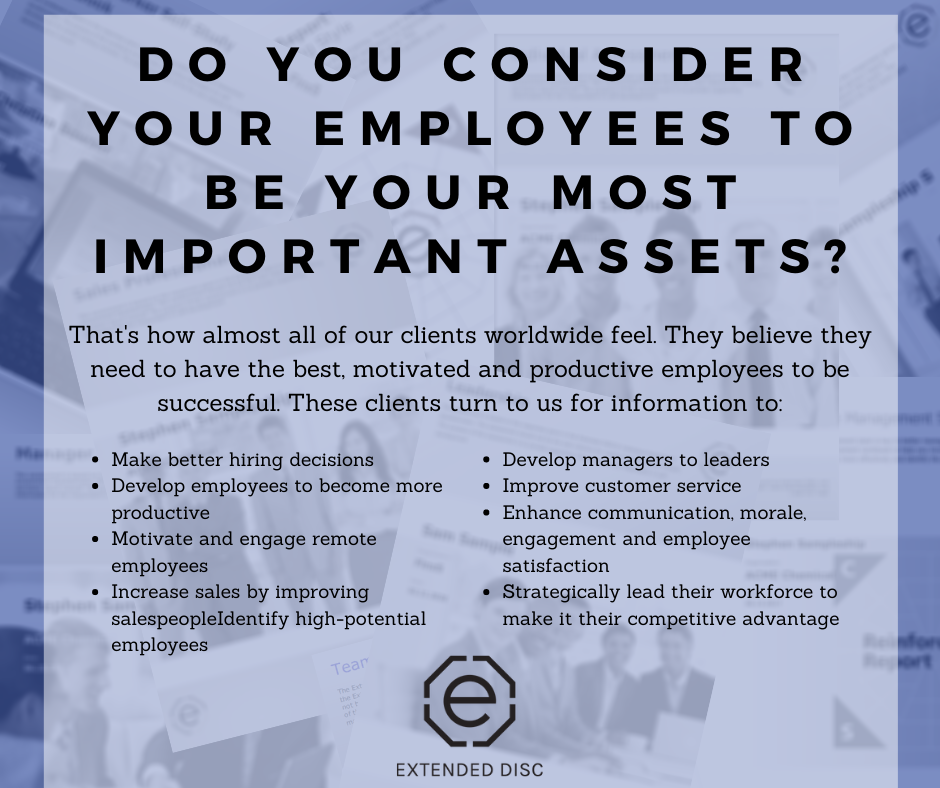 DISC provides feedback information; empowering you to make better business and personal decisions. Your ability to effectively influence, communicate with, and relate to others impacts your success.
DISC provides feedback information; empowering you to make better business and personal decisions. Your ability to effectively influence, communicate with, and relate to others impacts your success.
DISC succeeds, in part, because it's simple to use and constantly reinforces what you already typically do well. It's a reminder to stay self-aware, understand others more, and adjust your behaviors to the situation.
More importantly, your people have already taken the brief DISC questionnaire so there's no additional assessment needed. Here's where you can broaden the benefits of DISC.
Start with the basics
Your Extended DISC® questionnaire generates an unlimited amount of reports; not that you need many or all of them. However, if expanding the scope of DISC and targeting key areas of development are potential goals, then read on.
Your participants have received their assessment results and you've finished another great DISC session - now's not the time to stop! The report contains supportive feedback for your employees to better understand their behavioral preferences and how they come across to others. It covers their strengths and challenges, and provides tips on how to better communicate with other DISC styles.
Basically, you can never go wrong when using the standard reports. However, did you know there are many report options available?
Reports to match your needs
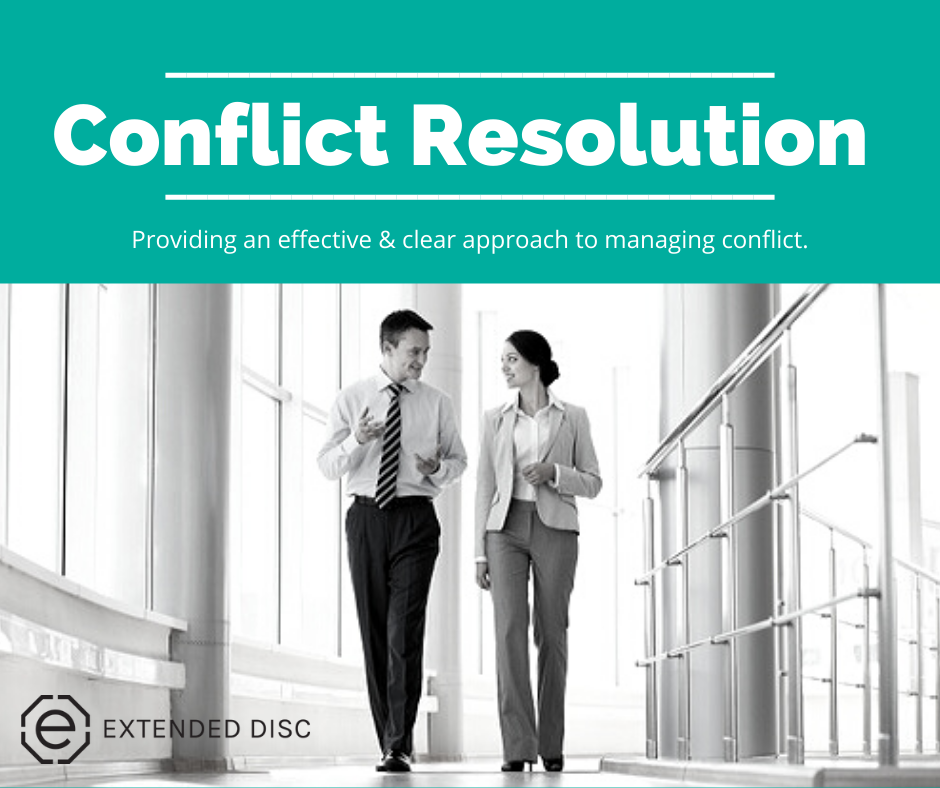 Tailored reports provide your learners with the most relevant report. You have access to reports that are specific to roles like sales manager, entrepreneurs, and leadership.
Tailored reports provide your learners with the most relevant report. You have access to reports that are specific to roles like sales manager, entrepreneurs, and leadership.
Work Pair and Team reports are available, but also targeted to the team manager, conflict resolution, and even families and couples.
Again, you may not need all the reports available, but don't you feel more confident knowing you have them when needed? Just ask!
Keeping DISC application going
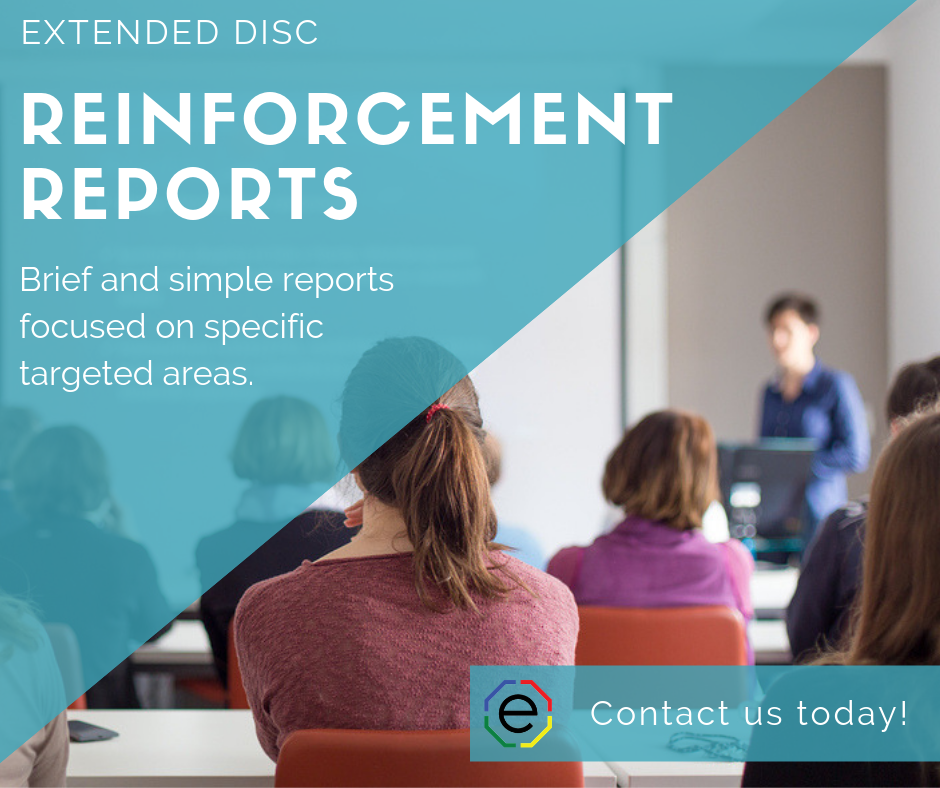
Extended DISC® Reinforcement Reports are brief and simple workbooks focused on specific topics. The goal is to remind your employees to keep practicing DISC self-awareness by modifying their styles to achieve success. Most of these workbooks are designed to be standalone, but coaching reinforcement is always an additional benefit. They include:
- Your Communication Style
- Your Motivators
- You as a Team Member
- Your Decision Making
There is no one right way or specific order to using these reports. You have the flexibility of using one, a few, or all of them. Also, your timeline can be built around your employee’s needs.
Independent development workbooks
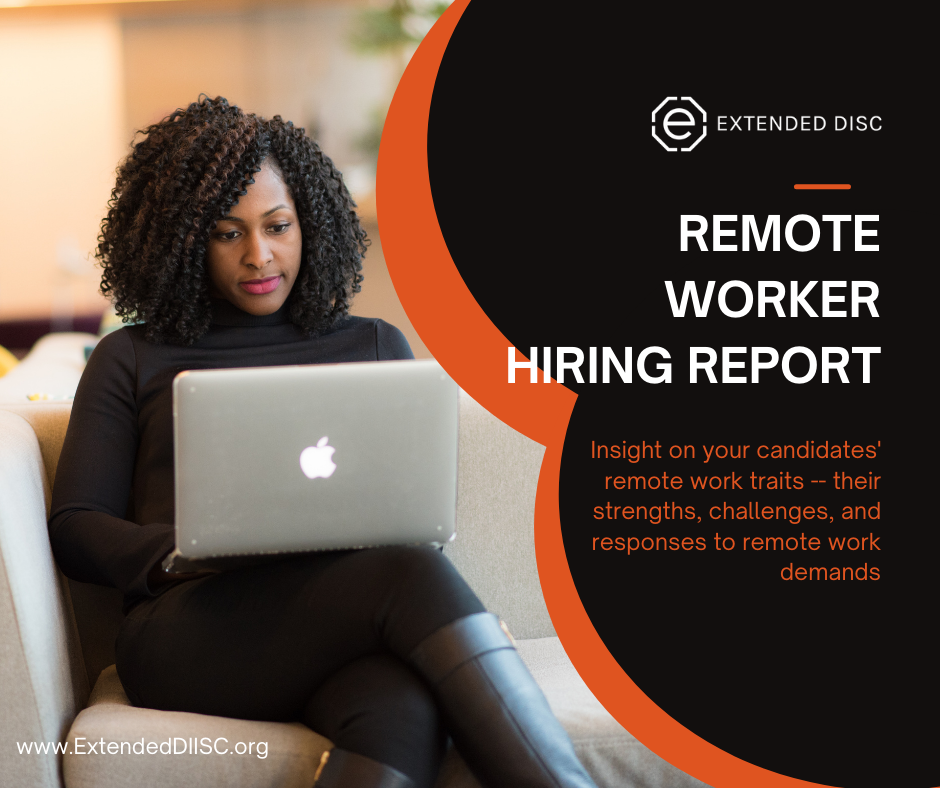
Employees and employers face new challenges in virtual workplaces. The pressure to work efficiently and effectively exists in an unfamiliar setting. Employees need support in order to be more productive, motivated and engaged. The Remote Worker Self-Study Workbook helps create a better work environment and processes that best support employee’s strongest behavioral traits.
No previous DISC knowledge is necessary to interpret the report. The workbook is self-guided and beneficial to both employers, employees and their managers.
Beyond reports: organizational data
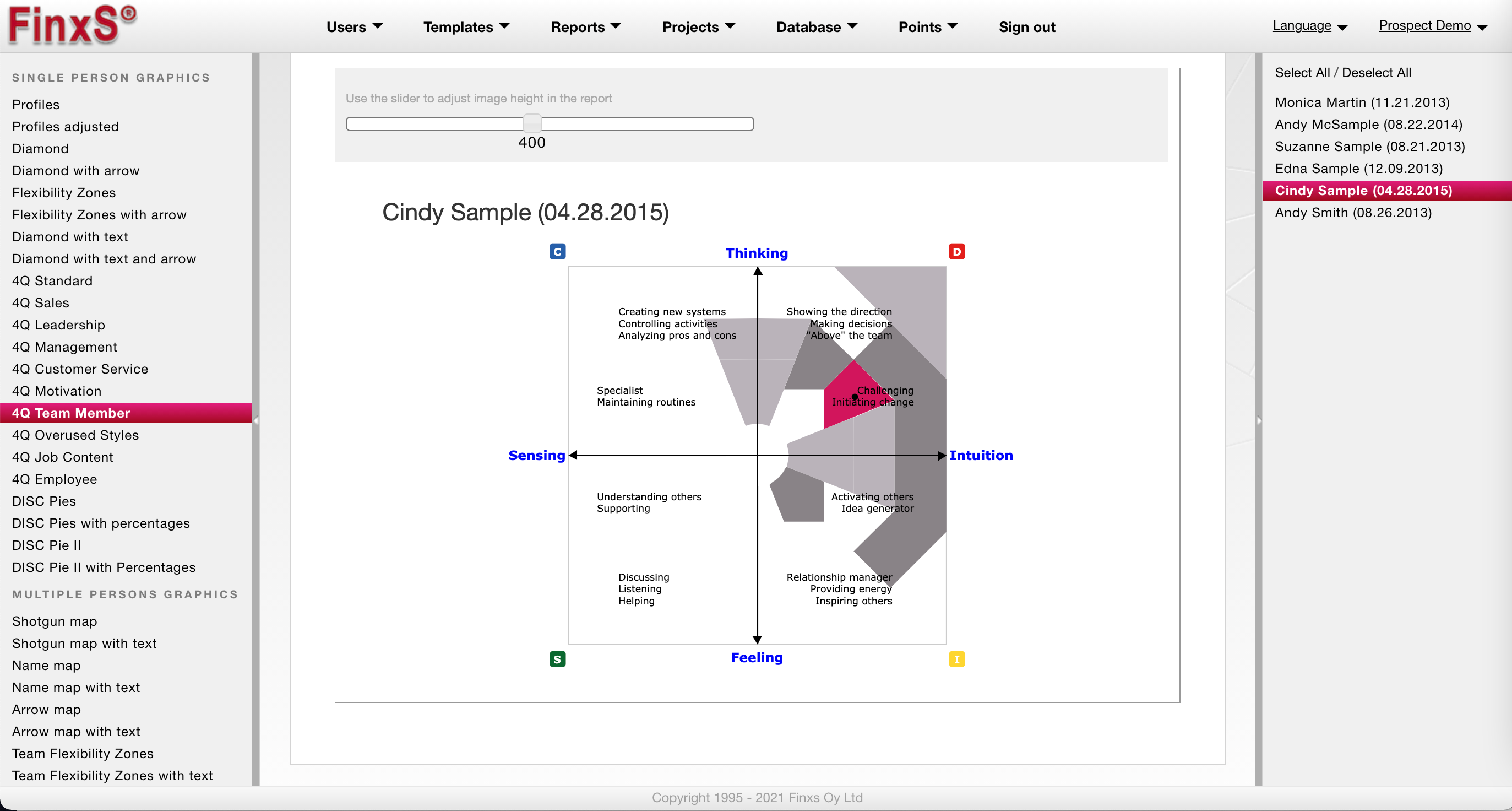
Did you know you can manage your reports online and view DISC data to support organizational analyses? As with all DISC reports, the supporting information is one more useful tool to help your managers make decisions.
For example, managers can have data to better assign job responsibilities; what tends to be more motivating or demotivating for each employee? Are there departments that tend to thrive or underperform? Is there any pattern of DISC styles making up those departments?
Leaders can track employees who have left the company, within 90 days of hire, to discern if there is a pattern of styles that are more likely to leave. If so, how can you do a better job to retain them? DISC data can help managers make time-saving and more cost-effective decisions on recruiting and retaining employees.
While the DISC data does not answer questions, it does give concrete information for you and your leadership to work with. What could you do with your DISC data?
Are you ready to broaden your scope of DISC reports and look at DISC profiles beyond reports?

